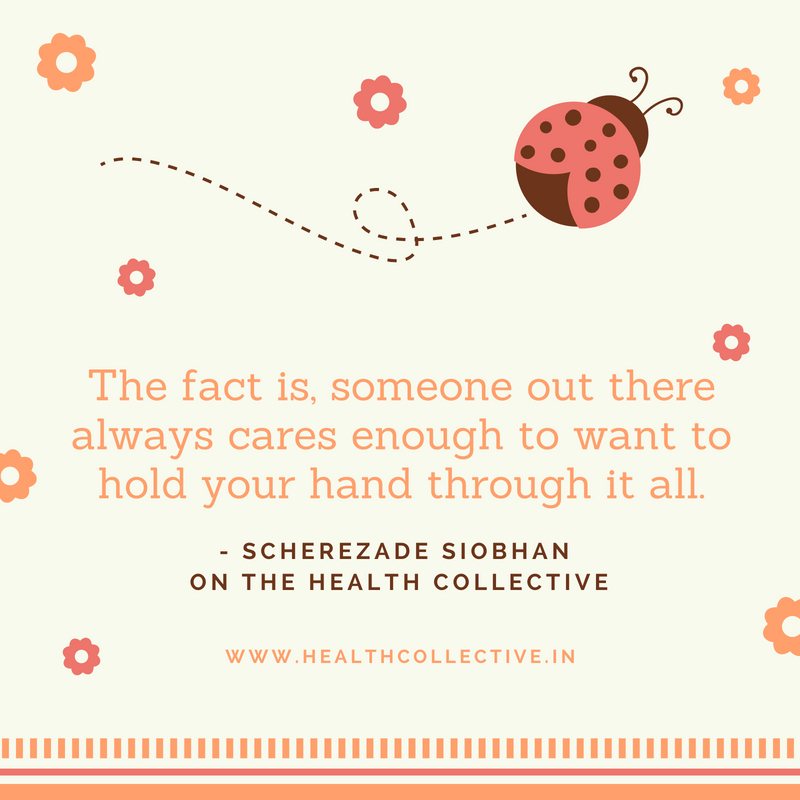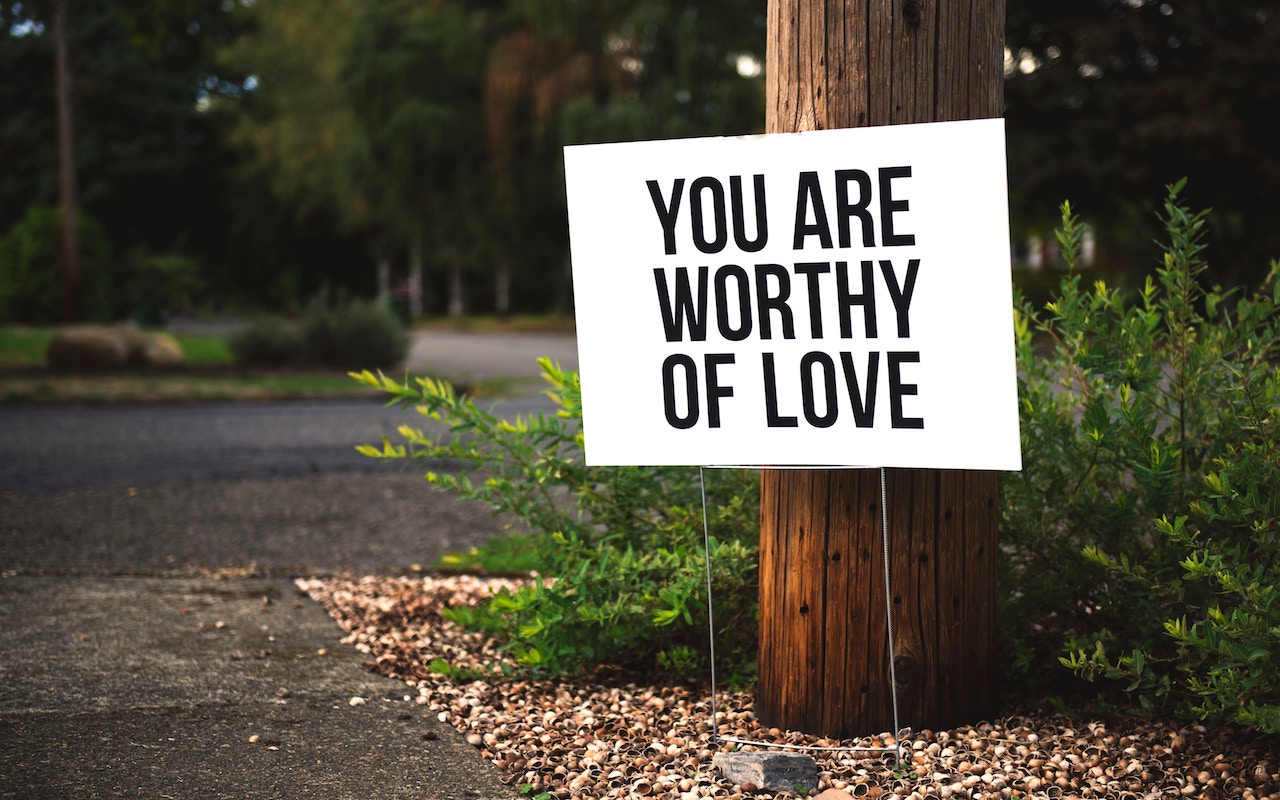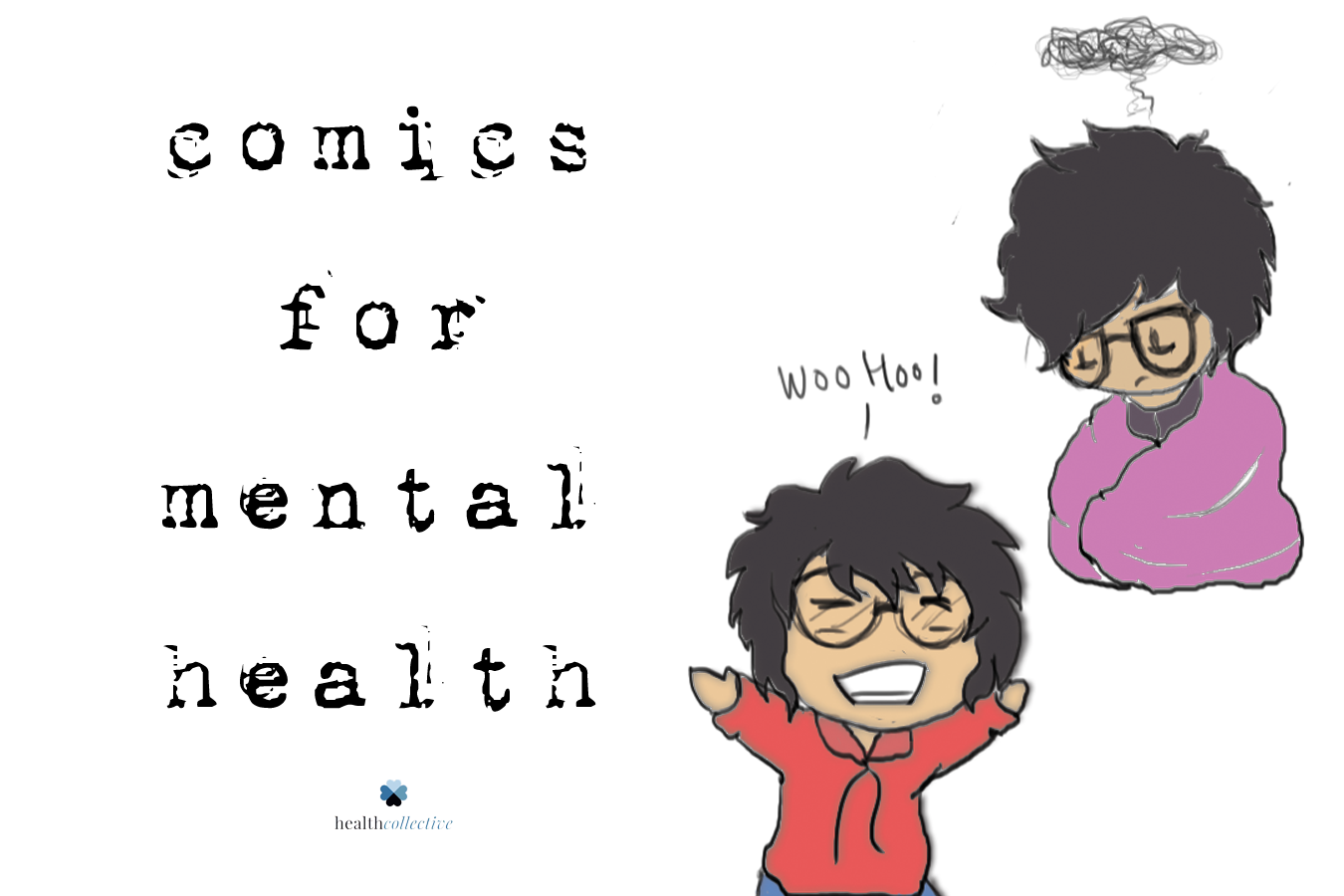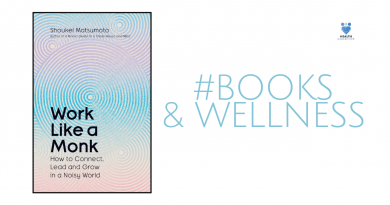Gaslighting: Getting Help and Healing
By Scherezade Siobhan
This is Part 2 of a Series on Gaslighting. Read Part One, GASLIGHTING: RED FLAGS
The logical question that follows any discussion about the red flags of gaslighting– How does someone heal from this kind of abuse?
Here is a more general layout for possible ways in which you can begin to reconstruct your emotional and psychological architecture as a survivor of gaslighting:
- Self-compassion – You are valid
It is easy to lose your awareness of self-worth in an atmosphere where the air supply has been consciously cut off by toxic manipulation. The first step is to breathe and affirm the fact that you are valid, capable of love and being loved and most importantly, what is being done to you does not have the capacity to dehumanise you. Chicana theorist and writer Gloria Anzaldúa’s work has always served as a tonic for me and I am particularly moved by the cleansing emphasis of this line: “All reaction is limited by, and dependent on what it is reacting against.”
If someone chooses to breed damage and toxicity, directs it towards you without provocation or any reverse harm, it is important to see yourself as more than the sum of their abuse. Self-compassion is how we direct our empathy towards ourselves. Keep reminding yourself that the circumstance is not your definition and you can get out, be free and start again.
- Trust your instinct to leave
In counselling a lot of women have mentioned that they had tiny instinctual flashes where they wanted to halt, disengage from or even quit abusive relationships, but didn’t follow through because we are socially conditioned to distrust our instincts in these matters.
There are umpteen movies, tv shows, pulp novels and other forms of popular media portrayals where overt and covert poisonous behaviours including stalking, passive-aggressive “courting”, verbal put-downs et al are portrayed as flirtatious or even desirable. Think of the number of times you have suppressed discomfort (while) shoving down a mouthful of popcorn at a movie theatre, watching the male lead landing up unannounced at the window/terrace/balcony of the “object” of his desire….Or threatening to kill himself if she doesn’t promise to love him back. These tropes are not harmless and do contribute towards misogynistic formulations of toxic masculinity.
We must learn to overthrow the idea of social desirability taking primacy over our safety and sanity. If you start registering early red flags, recede and try to seek help, as opposed to waiting for events to subside. Those of us who witness people being subjected to gaslighting, we need to heed the mantra of the subway warning signs – If you see something, say something.

- Speak to your support system
None of us are designed to handle everything on our own. Impositions of alienation are not the same as self-reliance. An abuser will try their hardest to conflate the two and even make attempts at convincing you about how no one cares enough about you. This is an act of projection aimed at quarantining you psychologically so they can keep themselves latched on to your hopelessness extending the arm of control. The fact is, someone out there always cares enough to want to hold your hand through it all. We all need some kind of safety net to help break our fall through serrated emotional landscapes.
Run through those internalised voices that have helped you grow and enabled your holistic development. Who are those people? What did they look like to you? Reach out to them. It could be a trusted family member, a friend, an old mentor, a therapist or a social worker. There are people around who are willing to listen and assist you in action. Speak despite your doubts.
ALSO SEE: WHERE TO GET HELP IN INDIA
- Your abuser is not your responsibility
One of the knottier twists when dealing with emotional abuse is the greyness of the experience. Everything isn’t always spelled out directly in darkness and light. As I had mentioned in my previous essay, gaslighting is a multi-headed hydra and occasionally I have come across women clients/patients who have been catechized into assuming that the abuser is merely a “lost soul” who needs their help and tolerating “some bad stuff” is part and parcel of being in any relationship. This is factually incorrect. Yes, people are complex and nuanced creatures. Yes, we have to learn adaptability as well as compromise in any relationship.
However, abuse is not a synonym for adaptability and compromises have to be healthy, reciprocal and mutually beneficial. A person whose modus operandi is to weaken and debilitate you is not a project you want to take on for fixing. It is an unpredictable, even if seemingly dormant, landmine. If someone is mentally ill and that causes aggressive patterns of behavior, you can recommend they seek help and support them to the extent it doesn’t endanger your existence. I have personally experienced the myth of lost/broken soul which is mostly a euphemism for a violent individual failing to shoulder responsibility for their actions. Switch on your flight safety mode which announces rather clearly – fasten your oxygen mask before attempting to help anyone else.
- Therapy as shelter
A lot of gaslighters depict a very negative image of counseling and therapy so the victims don’t place any faith in it. This is obviously inaccurate. A healthy therapeutic space can provide you with the safety to find a solution and also build your confidence in yourself which is often badly disfigured through the length of an abusive relationship. Seeking help is a sign of strength and not an indication of deficiency. A therapist can further connect you to other forms of support you may need to address your situation with more finality. I have quite frequently directed women in my consults to lawyers and community care facilities.
Many psychologists engage with NGOs and social change institutions that can help you out with re-location and material support. It is a step-wise process but getting started means you are on your way to healing. Gaslighting can result in PTSD and other forms of trauma-induced conditions. Getting a clinical intervention will reduce the burden of carrying it all on your own.
ALSO SEE: SOME CROWD-SOURCED RESOURCES AT CHAYN INDIA
- Moving away from self-blame
Blame is a vicious bushfire that can swallow the whole forest. It stations resistance towards healing. Even if you can’t immediately get out of the negative environment, try to not invest time and energy in blaming yourself or your fate. It is exactly what an abuser would like for you to believe and all it does is make you distrust yourself a little more each day. This is their perfect storm and they want to fuel it to so you feel capsized by its force. Even if you made a bad choice or you went back to an abusive relationship, the narrative of self-blame won’t offer a successful exit towards wellness. You might have stayed because there was nowhere else to go or you had kids and were afraid of the consequences. There is no judgment that anyone can or should pass about your specific predicament. Including you. Move from blame to care and give yourself the space to slowly find your own healing path.

- We are not our parents
There is a greater incidence of abuse amongst people who have seen their parents engage in abusive or violent relationships. This includes perpetrators and survivors. Attachment theory posits how ‘schemas or mental representations of relationship…[which] become organised, encoded experiential and cognitive data…that lead to self-confirmation’.
What we experience as children does inform choices we make as adults. While I do not agree with determinism fully and as an existential psychologist am more inclined towards the possibilities of free will, as a survivor of intimate partner violence, I also recognise how watching an abusive step-parent muted the thresholds of tolerance and I mistook exploitation for resilience. We are not our parents, we are not doomed to repeat their mistakes, nor are we placeholders in their stories.
- Avoid playing their games
Once you leave the abuser, avoid any further interactions with them in the foreseeable future. Forgiveness et al can come in later. The power of abuse lies in having either direct or indirect control and a lot of abusers are aware of this. They like to continue the “game” by alternating victim/aggressor postures in order to draw you back in. Cut contact entirely if possible. In the event you have certain cords you can’t snap fully, for e.g. if you have shared custody of kids or they still work at the same place as you, bring an ally or a supporter to those meetings. Always make space for tremendous self-care and affirmation once you are done meeting them. Provide no leeway for their win-lose attempts at sliding into your mind. Practice some mantra for centering yourself beyond their reach. You don’t owe anyone an explanation for attempts you make at securing your freedom.
- There are no perfect survivors
Yes, some days will be harder and there will be others when the triggers will be difficult to stare down but you will make it through. You don’t have to sanitize your survival to make it palatable.
- Find your joy, again
Return to the things you love. Go for a walk, draw, journal, cook, sleep an extra hour, adopt the dog you always wanted to, in short, find your place back in your own life. Do it in small measures. Reconnect with those people whom you had lost touch. Speak kindness to yourself before bed.
In a poem that I have recited to myself on many a difficult morning, Julia De Bargos writes –
“Don’t let the hand you hold,
hold you down.”
ALSO READ: MORE IN OUR ASK THE EXPERTS SERIES
Scherezade Siobhan is an award-winning Indo-Rroma Jungian scarab turned psychologist, mental health advocate, community catalyst, and a writer. She is the founder of The Talking Compass — a therapeutic practice that provides in-person, at-home and online counselling for people who need help with emotional and mental health. She is the creator and curator of The Mira Project, a global dialogue on women’s mental health, gendered violence, and street harassment. Send her puppies and cupcakes at nihilistwaffles@gmail.com
Disclaimer: Material on The Health Collective cannot substitute for expert advice from a trained professional
If you would like to share your story, do write to us here or tweet us @healthcollectif
Feature Image: Photo by Tim Mossholder on Unsplash





Pingback: Indians: Do We Know What it Means to Individuate as Adults?
Pingback: Me Too and Mental Health
Pingback: Exit Signs: Understanding Abusive Relationships
Pingback: Gaslighting: Red Flags